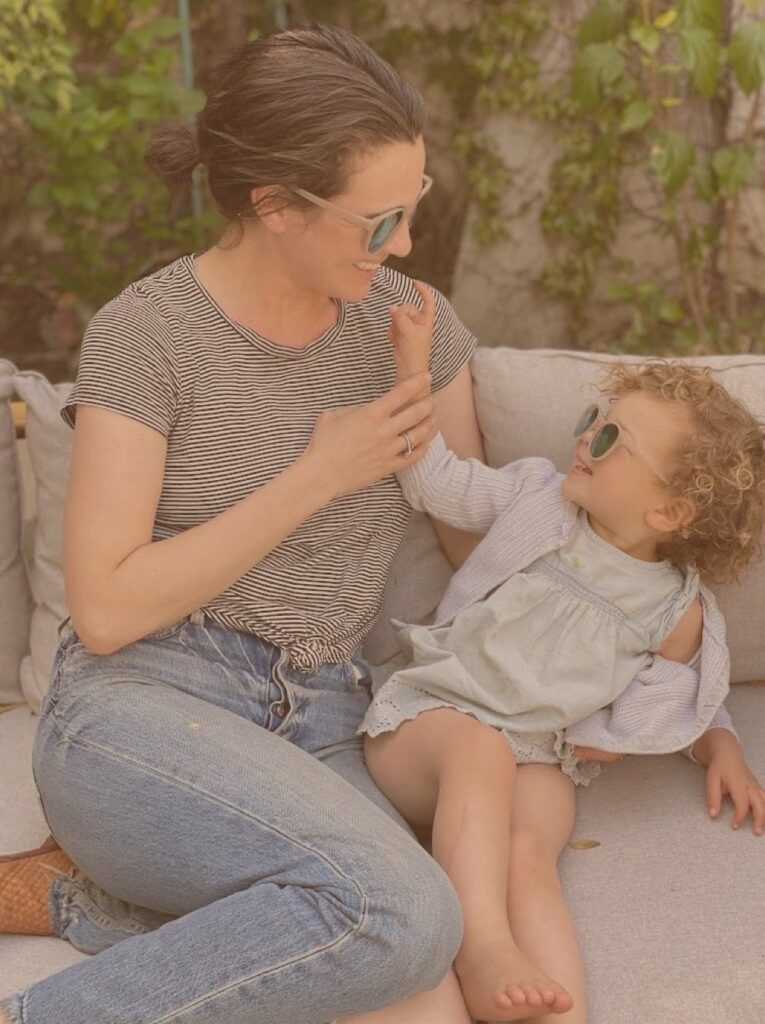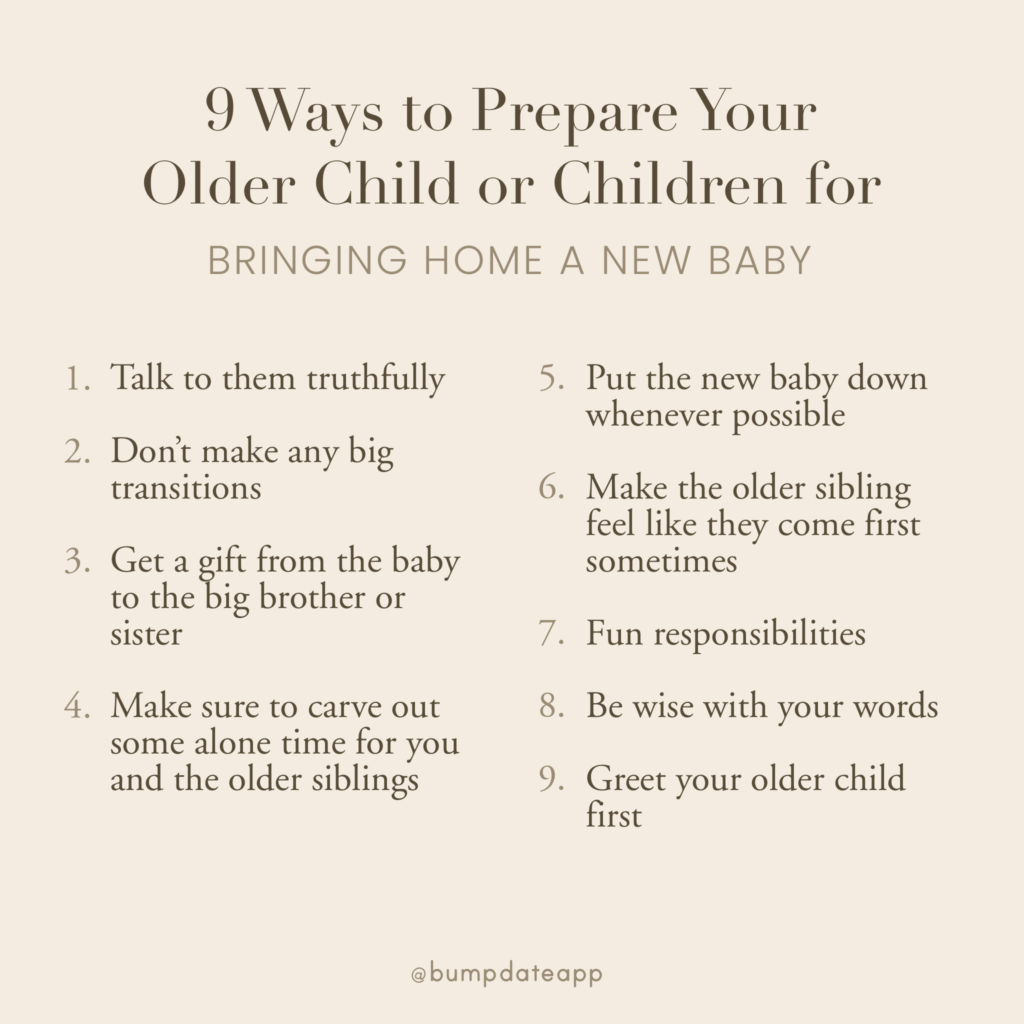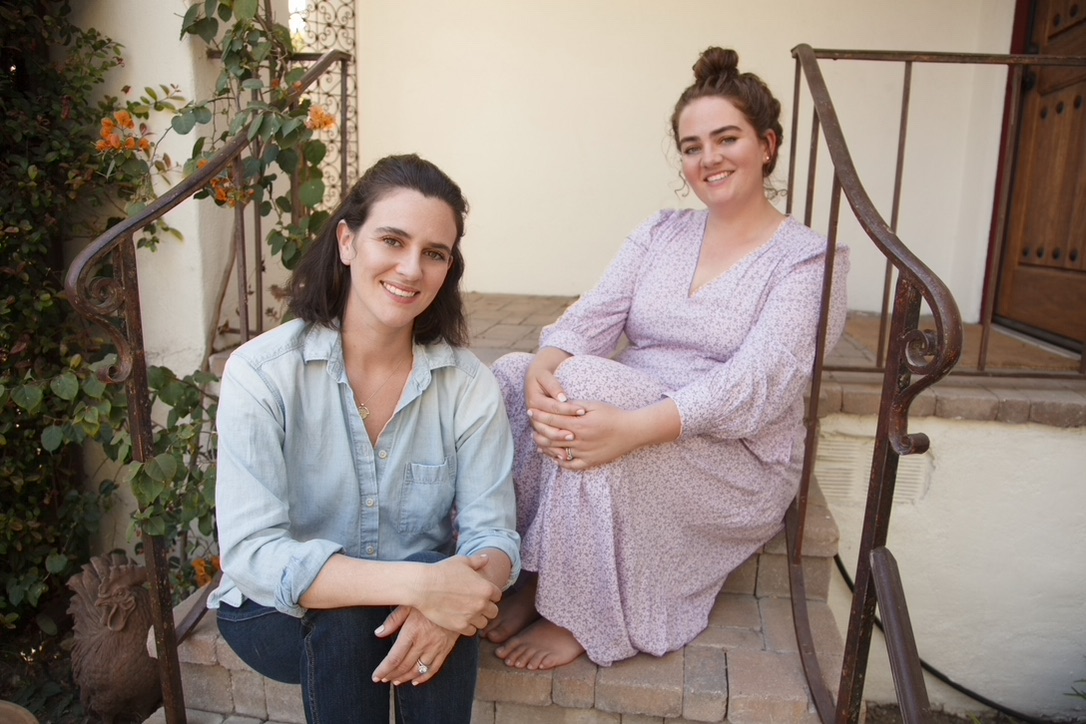Adding a new family member is an exciting event for all and can bring on some big feelings for the children already at home.
So how do you make the transition as smooth as possible?

Social Emotional Learning (SEL) helps kids navigate through their relationships and feelings in a productive way.
We feel it is an essential life skill. Whether SEL is supported in your school, or this is your first time hearing the term, using these skills at home will help your children not only adapt to stressful situations, but will help parents as well.
One of these stressful situations is bringing home a new baby.
Here are 9 ways to prepare your older child or children for bringing home a new baby.
-
Talk to them truthfully
Even if they are under two, you can still have these chats. Let them know that soon, they will be a big brother or sister. Allow time for questions and allow and okay ALL feelings. It can be really abstract for children who have never been around babies to understand what’s to come. If you have any small babies you can spend time with before your own arrives, even better!
2.
Don’t make any big transitions
Change can be scary! Don’t make any big transitions a month or two before AND after the baby arrives. So… sleep training, bed switching, potty training, new school (if possible), should ideally be done several months before or after the new baby comes.
3.
Get a gift from the baby to the big brother or sister
This is a small token that will make the older sibling feel really special. You can also go to the store with the older sibling and pick out a toy for the baby. They will love this responsibility.
4.
Make sure to carve out some alone time for you and the older siblings
This can be even just ten minutes a day when you and the older sibling get to do something they choose to do with you. This will make your child feel secure that they still have your attention, too.

5.
Make the older sibling feel like they come first sometimes
We all know babies don’t understand what words mean at first, but that doesn’t mean we can’t make the older sibling feel like they come first sometimes. So, if you are playing with your toddler or elementary age kiddo and the baby starts fussing or crying, you can say, “Baby, hold on! I will be right there as soon as I am done reading this page to your sister!” This gives the older sibling a sense of security that their needs are also being met.
6.
Fun responsibilities
Give the older sibling some age appropriate responsibilities, IF THEY WANT. For example, let them pick out the clothes for the baby or help you with bath time. They will love having this role of being the big sibling who helps.
7.
Be wise with your words
Be wise with your words, meaning, don’t default to calling your older child the “big kid.” They might still feel like your baby, too, and that’s okay! Putting pressure on to act like the “big kid” can backfire.
8.
Greet your older child first
If you are having a hospital birth or leaving an older sibling home during an adoption process, be sure to come and greet the older sibling before fussing over introductions to the baby
9.
Put the new baby down whenever possible
If possible, have the new baby in a bassinet or car seat instead of holding them, allowing you to give focus to the older siblings.

For more information and support, find us on Instagram at @parentingcooperative and sign up for our newsletter here. We hope these tips help you navigate this new beautiful chapter in your life!




Thank you for tips, are there any additional resources or books you recommend on this topic
Tiffany, we recommend reaching out to Danielle and Allie directly on their website! https://parentingcooperative.com/contact/